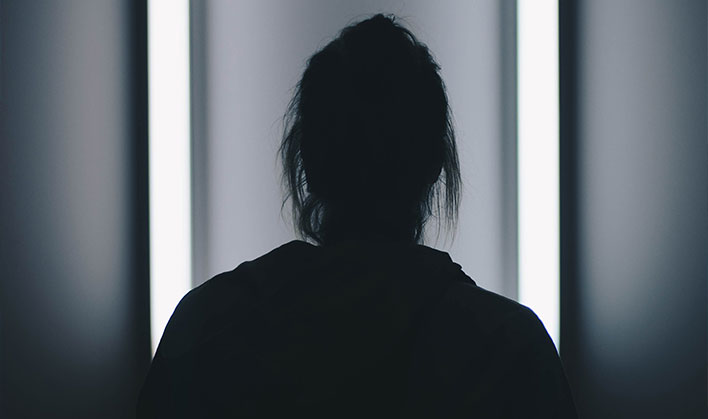Battling Bulimia Nervosa

Bulimia Nervosa is characterised by binge eating, followed by inappropriate compensatory behaviour to get rid of the calories. People with this illness may not lose any weight, and may successfully hide their disordered behaviour, which can make it harder to detect.
Typically, people with bulimia will eat large amounts of high calorie food in a single sitting. This eating is often compulsive, which means the person is unable to stop eating until they feel extremely full or have finished whatever they're eating. After a binge, people with bulimia will try to prevent weight gain by purging which may take several different forms, including excessive exercise, vomiting, laxatives and diuretics.
People suffering from bulimia will also try to control their weight by fasting or restricting food, when they're not binging.
Bulimia is most likely to develop during the late teens or early twenties. People with bulimia are usually dissatisfied with their bodies, want to lose weight, and fear weight gain. Sometimes, the disorder starts as an attempt to lose weight after other diets have failed.
Read more about Bulimia Nervosa here.
If you're concerned that a loved one may have Bulimia Nervosa, watch out for these signs:
Changes to behaviour
- Excessive desire for privacy in the bathroom or bedroom
- Unexpected absences (walks or drives)
- Evidence of laxative or diuretic use
- Skipping meals or avoiding eating with others
- Sudden dietary changes
- Obsessive eating - cutting food into very small pieces, chewing excessively, separating different types of food on plate
- Eating unusually large amounts of food without gaining weight
- Food disappearing, large numbers of empty food wrappers or containers in the rubbish
- Hiding or hoarding food
- Shoplifting or spending large amounts on food
- Excessive or rigid exercise regimes
- Going to the bathroom after meals
- Use of mints or gum to cover the smell of vomit
- Running water to cover the sound of vomiting
- Wearing baggy or layered clothing
Psychological changes
- Preoccupation with body weight and dieting
- Anxiety and depression
- Low self esteem, shame and guilt
- Isolation and loneliness
- Emotional behavior and mood swings
Physical indicators
- Frequent changes to weight
- Sore throat, tooth decay and bad breath
- Rounder face caused by swollen salivary glands
- Poor skin
- Irregular periods
- Lethargy and tiredness
- Swollen or red marks on the fingers or knuckles that may be used to stimulate the gag reflex
If you or a loved one is showing a number of these signs, it's time to seek help. Bulimia is a very serious illness, but it can be treated.
The first step is to visit the GP and ask for a referral to an Eating Disorder specialist service

